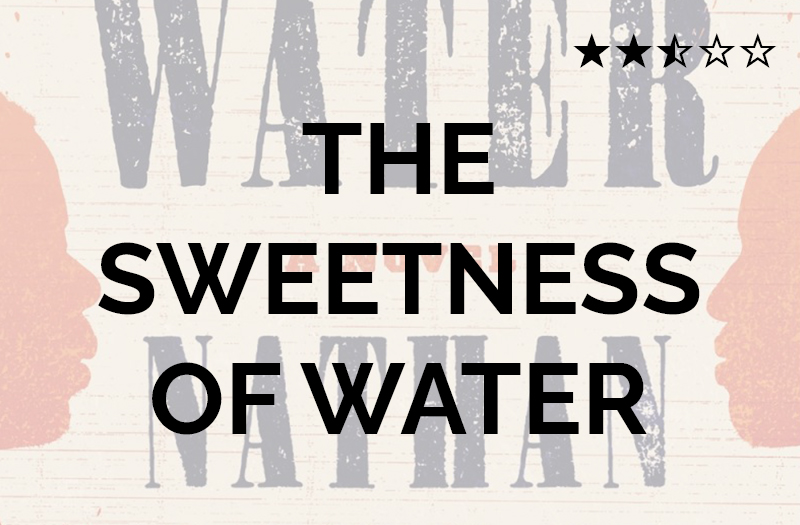

Only as he moved to stand, to pat himself dry, did he see them sitting before him. The log beneath him yawned and George's rear end sank into the waterlogged mess.


Harris writes of George's first encounter with the brothers: The author captures the cadence of 19th-century prose, adding to the story's authentic feel while spinning lush descriptions of time and place. Perhaps the biggest standout, though, is the writing style. Harris's portrayal of the grieving process is dead-on, as is his perception of the complexities of human nature. The plot is intricate and unpredictable, the characters have remarkable depth, and there's enough detail about the era for wonderful historical fiction. There are so many aspects of this novel I felt were sheer perfection. Events and actions always make sense, but the author eschews the standard paths other storytellers have taken, creating a unique piece of literature that's utterly surprising, start to finish. Very little of the narrative unfolds as one might expect, and indeed, that's one of the many highlights of Harris's debut. This description may make it sound like the plot is relatively straightforward, but that's definitely not the case. This doesn't sit well with residents of the nearby town, who resent the good wages given to these men, and conflict ensues. The pair are cold and hungry, and George provides them with food and shelter, paying them to work his property. On a stroll around his property to contemplate what he'll say to her, he stumbles upon two recently liberated men, brothers Prentiss and Landry, who have set up a camp in his woods. In addition, his relationship with his wife Isabelle is complicated, so much so that whole days go by without them speaking, and he delays telling her of their son's demise. George Walker is one of these a farmer who was too old and infirm to take part in the war himself, George is told that his only son was killed near the end of the conflict. It's a time of reckoning, too, as some begin to realize just how much they've lost and how hard it will be to rebuild their lives. As the story opens, the African American population has been freed from slavery, but no provisions have been made to accommodate the thousands of newly liberated men, women and children young troops are returning from combat to find their society has changed and those who have managed to retain their wealth and power are maneuvering to maintain their influence. Nathan Harris's dazzling first novel, The Sweetness of Water, is set in the American South just after the Civil War. A moving debut set in Reconstruction-era Georgia.


 0 kommentar(er)
0 kommentar(er)
